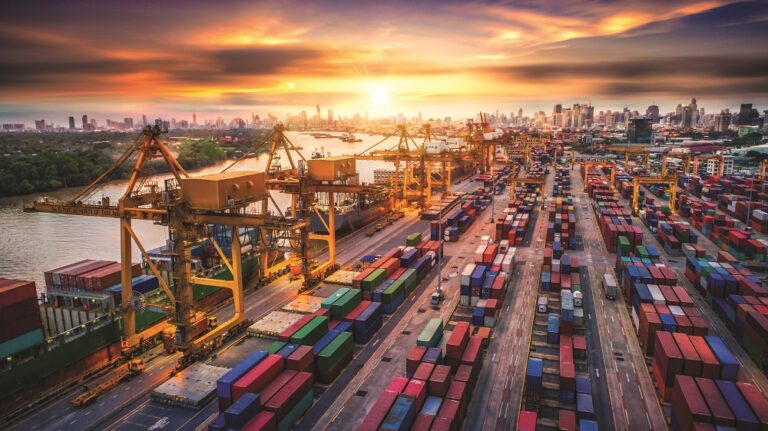Import tariffs on agricultural produce including eggs and poultry will be maintained after the Brexit transition period ends, the government has announced. There has been a small change in egg tariffs, which were set at 31%, and have been marginally reduced to 29%.
The decision, announced by Liz Truss, secretary of state for the Department of International Trade, was made following sustained lobbying by farming groups and trade bodies such as the British Egg Industry Council, which had warned that cutting import tariffs could open the doors to cheap imports of battery cage eggs that could wipe out parts of the UK egg industry.
The government has published its plans for the UK Global Tariff (UKGT), which will replace the EU’s Common External Tariff on 1 January 2021 at the end of the Transition Period.
The government said it was a simpler, easier to use and lower tariff regime than the EU’s Common External Tariff (EU CET) and will be in sterling, not euros. The government said its tariff schedule would streamline and simplify nearly 6,000 tariff lines, and lowering costs for businesses by reducing administrative burdens. The changes include scrapping unnecessary tariff variations, rounding tariffs down to standardised percentages, and getting rid of all “nuisance tariffs” (those below 2%).
The Government is maintaining tariffs on a number of products backing UK industries such as agriculture, automotive and fishing. This will help to support businesses in every region and nation of the UK to thrive. Some tariffs are also being maintained to support imports from the world’s poorest countries that benefit from preferential access to the UK market.
In response to the UK government’s Global Tariff announcement, the four UK farming unions said: “We are pleased the government has listened and maintained many of the safeguards currently in place for UK farmers under its new UK Global Tariff schedule. This is particularly important in fulfilling the UK government’s commitment not to undermine our high food and farming standards.
“It is worth remembering, however, that these tariffs are likely to be negotiated away as part of any trade deals that will be struck in the coming months, and so those deals must include strong provisions ensuring food imports are produced to the same standards required of our own farmers. Not only will this help the government fulfil its vision of a sustainable and profitable UK farming sector but will also meet public demand that our standards are not undermined in future trade policy.
“Although the overall position appears to support UK farmers, we need to examine and fully consider all the implications of the simplifications involved. For instance, it is still likely that the changes will lead to increased competition for some domestically produced commodities and we will need to understand the precise nature and impact of that. We are also urging the government to provide clarity around its ability to adjust the tariffs announced today, in particular in the event that there is no negotiated agreement with the EU on a future relationship by the end of the year.”
“This is excellent news and is what we have lobbied very hard for,” said Mark Williams, chief executive of the BEIC. “The UK egg industry will continue to be protected by import tariffs on all our tariff lines.
“It is especially pleasing following last year’s disappointment, and our annoyance at government, for setting import tariffs at zero under the Temporary Tariff Regime which was put in place in case of a no-deal Brexit.
“The new UKGTP has shown that Government has listened to all our arguments, which we supported with strong economic evidence, of the likely consequences for our industry if they did not retain import tariffs. They concluded that the UK egg industry should continue to be protected against imports produced to lower standards.“
These tariffs will be those we impose on trading nations we do not have a free trade agreement with. Williams said the industry now needed to turn its attention to the bilateral trade negotiations the UK is to enter into with counties such as USA and Mexico, and ensure that tariffs are not removed.


